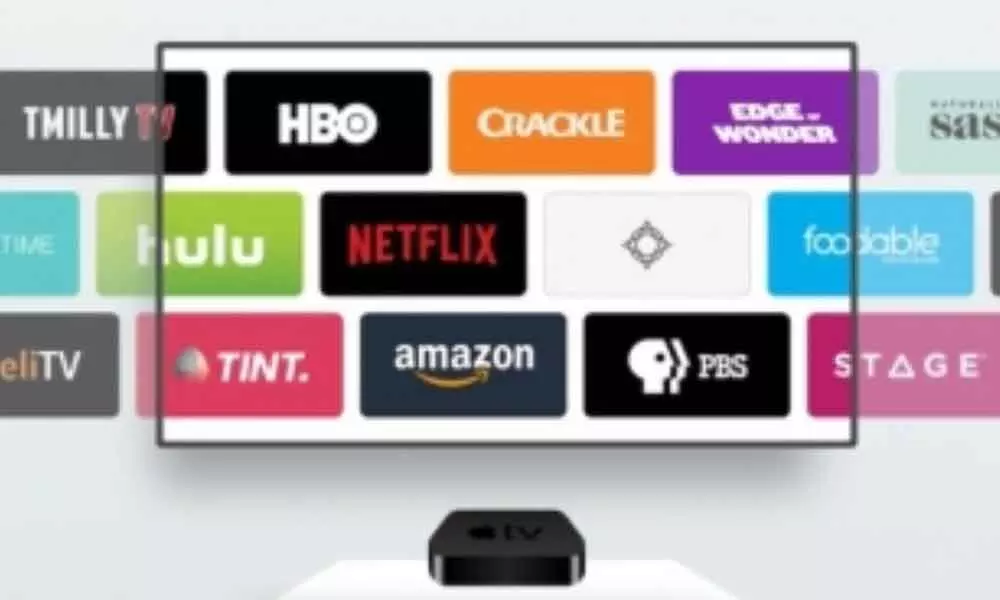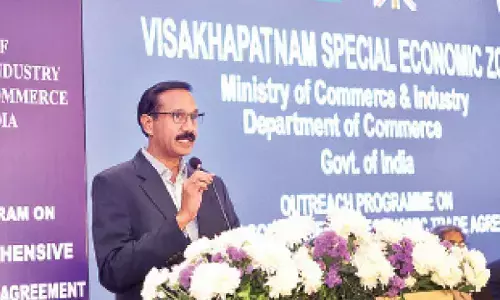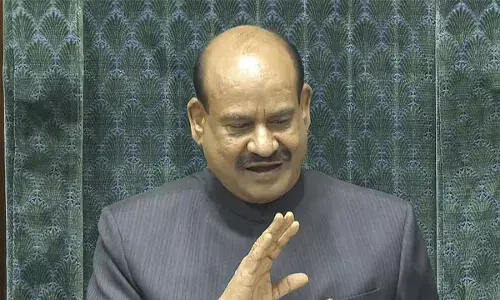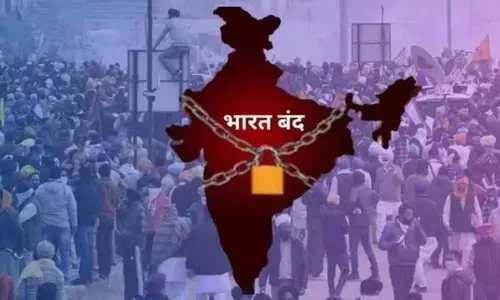Scope and prosperity beckons film industry

Scope and prosperity beckons film industry
What started as the film industry has now expanded its scope as the entertainment industry. It encompasses television, short films and, lastly, fast growing OTT platform
What started as the film industry has now expanded its scope as the entertainment industry. It encompasses television, short films and, lastly, fast growing OTT platform.
The innovations and developments in the communication field changed the way entertainment is delivered now. It need not be a tin trunk full of 16 to 18 spools of cinema print, mounted on a projector and beamed on a white screen in a dark cinema hall.
Then, travelling in train luggage car from city to city. It was called the Print Movement and meticulously managed by a film distributor in his office. Can you imagine that often these prints were stolen in transit and circulated illegally in the cinemas of hinterlands?
Amit Khanna, the most forward thinking man the film industry at that time had predicted in an article he wrote in a trade magazine in late 1970s that, someday, films will be delivered to cinema halls, from one source. Amit has been in the film industry now for 50 years having been associated with Dev Anand's production company to heading Reliance Big Entertainment as its founder chairman.
He has produced films, written lyrics and also handled film industry affairs as the President of the Producers Guild of India. Amit has put a lifetime of his experience and observations in a recently-released voluminous book, "Words Sound Images: A History Of Media And Entertainment In India".
With the help of satellite, the images and conversations could be transferred through digital signals. The analogue-based Doordarshan too started beaming through satellite to every home. Cinemas followed and so did your mobile phone and television.
The film industry is all about saleability and drawing power, talent takes a second place. Were all the artistes who failed to find work in films after a decent launch lacking in talent? They were not. But, they did not draw crowds. Just a few did, or so the investors think. Investors in such cases, especially in the film industry, are speculators not gamblers. So, they bet on certain actors, rather stars. The content never mattered. Films were backed on the basis of stars.
All those stars who these corporate houses backed have failed to deliver in the last four to five years. The result is all these corporate bankrollers have folded up. As things seem today, none of the corporate houses, which came into India and started throwing big bucks like confetti, have closed shop, at least, as far is film production is concerned. Fox Star, the biggest backer of Hindi films, has decided to opt for OTT distribution on its platform, Disney+ Hotstar Multiplex instead of film production.
But then, there are many more OTT platforms. And this run of acquisitions has started a competition between them. Following the Disney+ Hotstar Multiplex announcement of buying eight films for a premiere release last week, this week Netflix has announced adding 17 titles as well as other content to their repertoire; all for premiere release. And, as mentioned last week, Amazon Prime is also expected to announce more acquisitions soon.
Meanwhile, the multiplex owners are busy making representations to the Government, lobbying for permission to open the cinema halls. Lobbying works in normal circumstances but these are not normal circumstances and, at a time when there are other priorities like opening up the economy, transport and so on, opening of the cinema halls would be the last priority. The Corona pandemic has also put paid to some deals where major multiplex owners were in the process of buying out smaller chains.
Many smaller multiplex chains, who own a limited number of properties may even have to close shop failing to keep up the commitments like bank loans, besides other dues.
This is the most unimagined and unexpected transition period in the entertainment industry in India. The OTT was certainly seen to make inroads as just another medium of entertainment. But, the Corona pandemic has suddenly changed things. Even while the cinema halls are facing an indefinite closure, the OTT is transgressing in their territory by acquiring the content that was basically meant for these cinemas.
This situation only makes one think, what next?
Whatever be next, what matters today, with the aggressive OTT content providers are taking, it is a win, win situation for the providers, as in makers, technicians and, especially, the artistes. For a long time, the film medium had become the domain of a selected few artistes and makers. Newcomers had one in million chance of making it in films.
With the advent of television channels, quite a few who could not find work in films, became busy on television. But, television channels had budget constraints. The medium remained limited to close cuts as well as locations. Nothing spectacular and no grandeur.
With OTT content, that situation has not changed much. Locations are limited, grandeur comes in bits but what is good is that more and more people are getting employment. And, as for the content maker, normally he is never in loss and creates no liabilities, as was the norm in the film industry for ages, where most filmmakers lived in eternal state of debts.
Besides, filling the gap of lack of entertainment on television and cinemas, what the OTT has done is it has expanded the scope of the entertainment industry, resulting in engaging more people. It gives opening to creativity, has started providing work to more people and, hence, prosperity to a lot of talented people whom the film industry on its own could not accommodate.
With the growth of television, too, many new artistes, as well as those artistes who were not getting film assignments because they could not draw the opening day crowd, found a source of expression as well as earning. However, television work hours are demanding, giving no time for self and moving on the predicted line yet not giving job satisfaction.
With OTT streaming, even the artistes who were not seen on the screen for a long time, (Sushmita Sen in "Aarya", for example) will now be seen more often. In fact, since finding backers and distributor won't be a concern, more streaming programmes will be made for such artistes.
What matters now is that, with the scope of the entertainment industry getting wider, the content makers, artistes and those associated will get more work. Content will have variety instead of sticking to set formula.
Talent will get exposure as well as monetary rewards. As for producers, looks like a seller's market is created.
(Vinod Mirani is a veteran film writer and box office analyst. The views expressed are personal)










